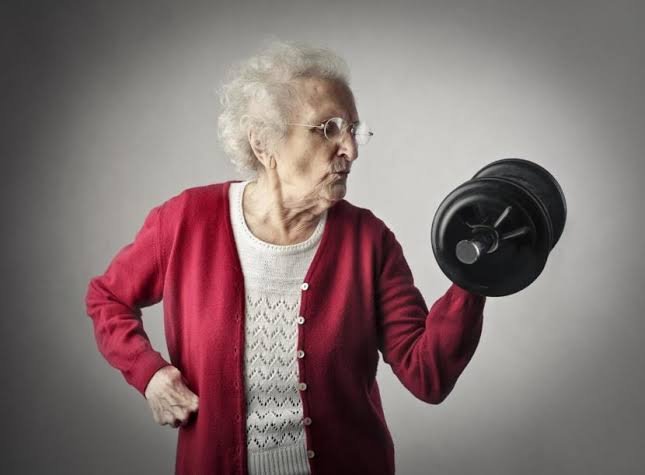Recommended protein intake & population group considerations
What is the recommended amount of protein we need each day?
This is a tricky one to answer as it depends on your specific goals, body composition, physical activity levels, frequency and intensity. If you’re of a healthy weight and active aiming for 1.4-2.0g/kg/day of protein is a good guide. For example a 70kg person should aim for 98g-140g across the day if they are looking at maintenance. Breaking this down into meals across the day; if this person was on the lower end of their protein intake and only ate 3 meals a day without snacks, they would be looking at consuming around 32g of protein per meal. Protein should be based on body weight, not calorie intake and it will change based on the individual.
Considerations for different population groups-
Older adults- As we age a good protein intake can counteract the natural decline of muscle mass and strength based outcomes. This in turn helps with a range of age related health outcomes.
Pregnancy and breastfeeding - the 2nd and 3rdtrimester as well as when breastfeeding is where there is an increased requirement for protein intake due to the natural weight gain of having the baby onboard as well as feeding once born. Keeping on top of adequate protein intake if in this stage of your life is advised.
Gaining muscle- Muscle protein synthesis (MPS) is most efficient when we combine adequate protein intake with resistance exercise. Being aware of that upper end of intake and aiming for >2g/kg/day would be beneficial. There is also no set cap for protein absorption. It’s not like you stop absorbing it if you eat more than 20-30g in a meal. Keeping in mind that gaining strength and/or muscle mass requires a lot of energy (calories). For this reason, the best efficiency if this is your goal is to be in a slight calorie surplus.
Losing weight- being conscious of your protein intake across the day can be a useful tool in improving body weight management. Having a higher protein diet whilst being in a calorie deficit allows us to have a better muscle mass whilst fat mass reduces.
But where do vegetarians get their protein?
This has always been such a bizarre question people ask vegans or vegetarians (and probably one they are sick of answering). Protein is a ‘supplement consideration’ for vegan/vegetarians but this doesn’t warrant the question every time they bring up their dietary choices. Why do people care so much about a specific macronutrient for a certain diet they do not follow themselves? It probably comes from the above mentioned. Animal products are probably more widely seen as a complete source of protein, but so too are soy products, quinoa and amaranth. Animal products are also a more bioavailable source of amino acids so it makes it an easier food to tick those boxes. It’s important to remember though that ALL plants contain ALL amino acids. When combined they provide symbiotic benefit past that of just the macronutrient of protein intake. A holistic view of dietary intake balances a range of different elements and doesn’t focus solely on a single macro or micronutrient.


